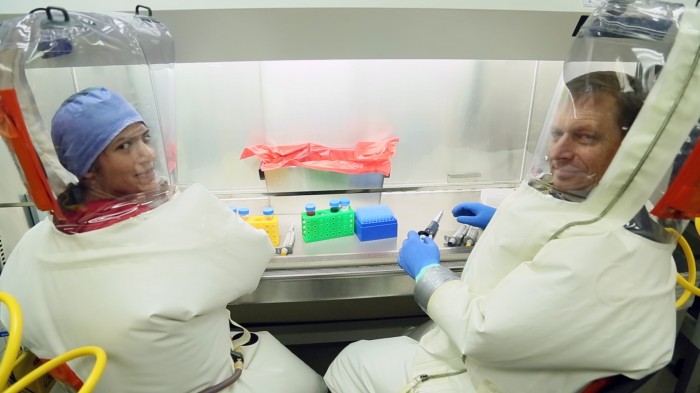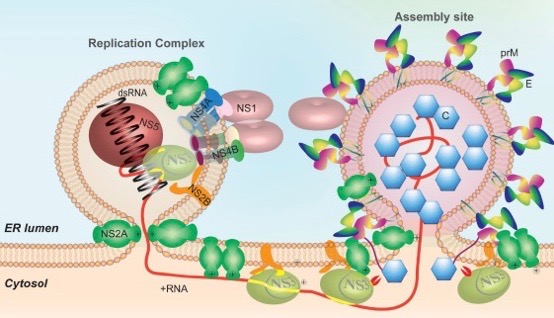GALVESTON, Texas – A new study by researchers from The University of Texas Medical Branch at Galveston uncovered new information on why the Ebola virus can exert such catastrophic effects on the infected person. They’ve described for the first time how the virus disables T cells, an important line of immune defense, thus rendering the infected person less able to combat the infection. The findings are currently available in PLOS Pathogens.
Ebola virus disease is one of the most devastating infectious diseases known to exist, with previous outbreaks resulting in high fatality rates. The particularly aggressive nature of Ebola virus stems from its ability to rapidly disarm the infected person’s immune system by blocking the development of a virus-specific adaptive immune response.
White blood cells are an important part of our immune system. Lymphopenia happens when the white blood T cell count in the bloodstream is lower than normal – in fact, the extent of lymphopenia is one of the strongest indicators of how severe the Ebola infection will become.
“People who survive an Ebola infection are able to maintain their T cell levels over the course of the infection whereas low T cell levels are nearly universally seen in fatalities,” said senior author Alex Bukreyev, a UTMB virologist in the departments of pathology and microbiology and immunology. “The trouble is that we’ve never understood how this T cell depletion occurs, so we set out to answer this question.”
Click here to read the full story





